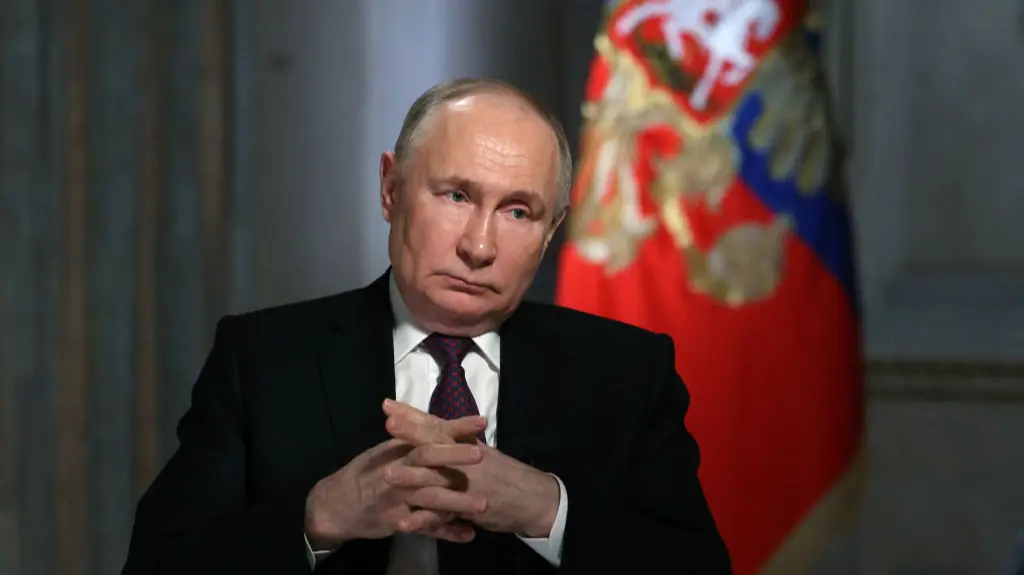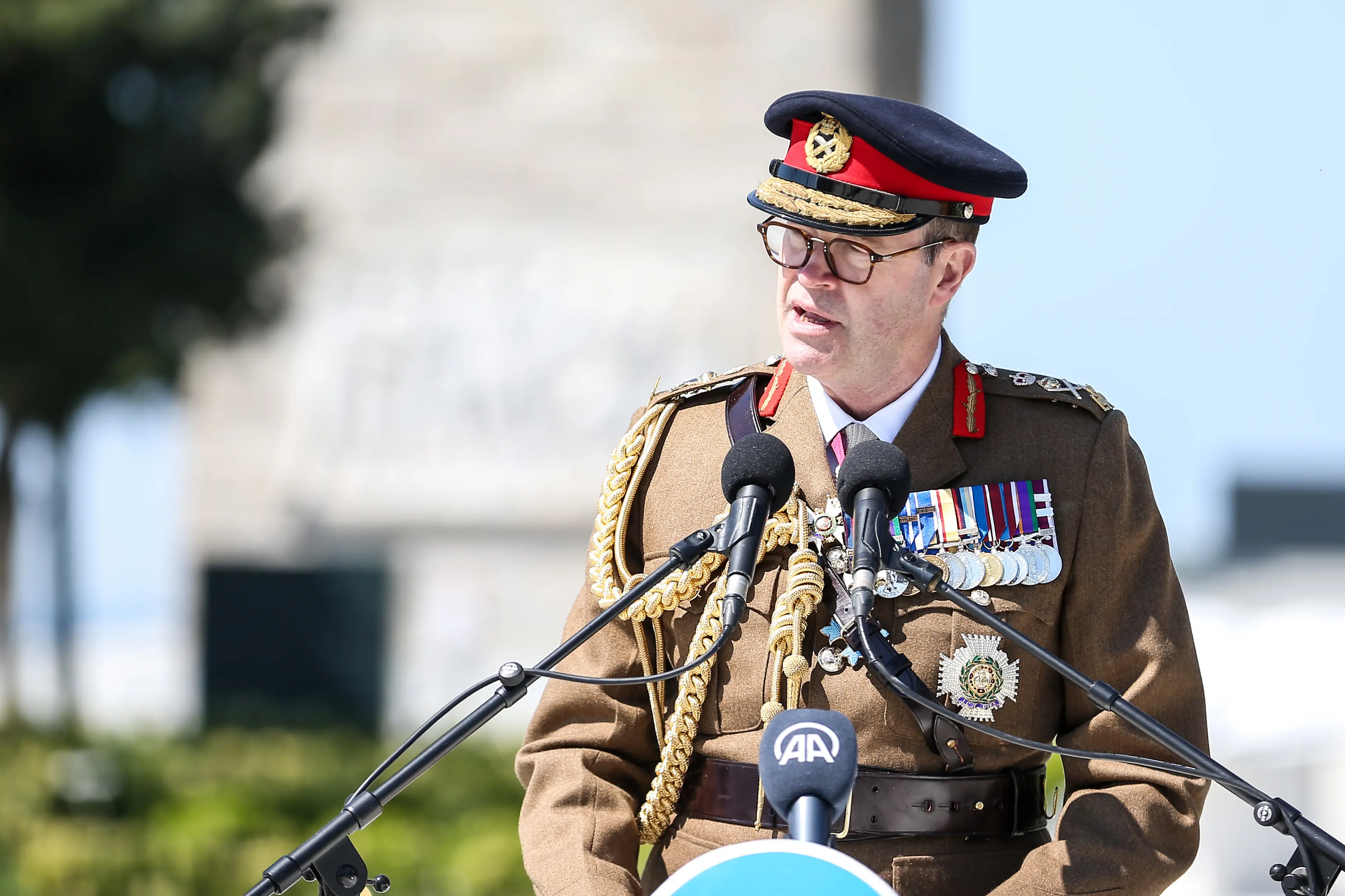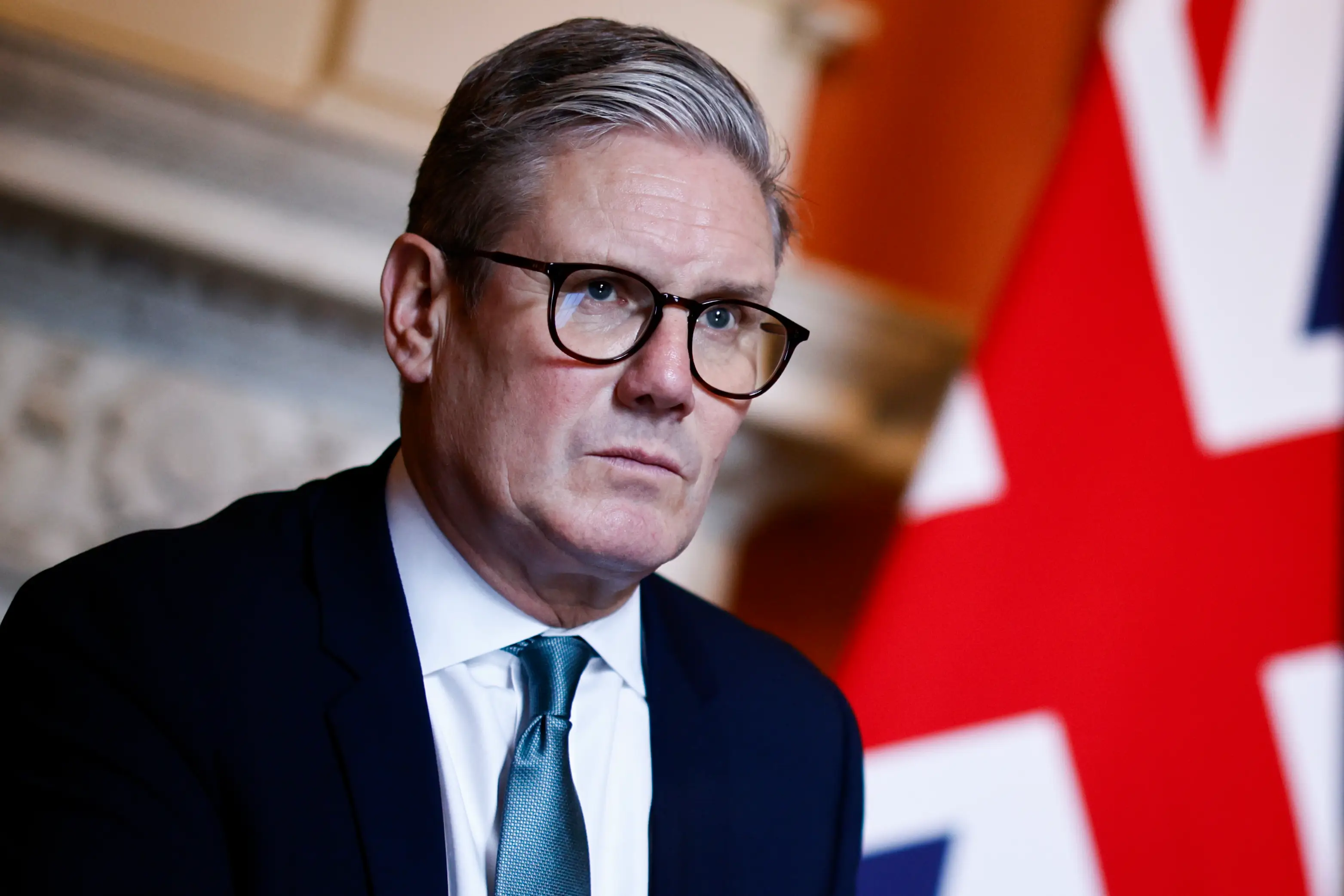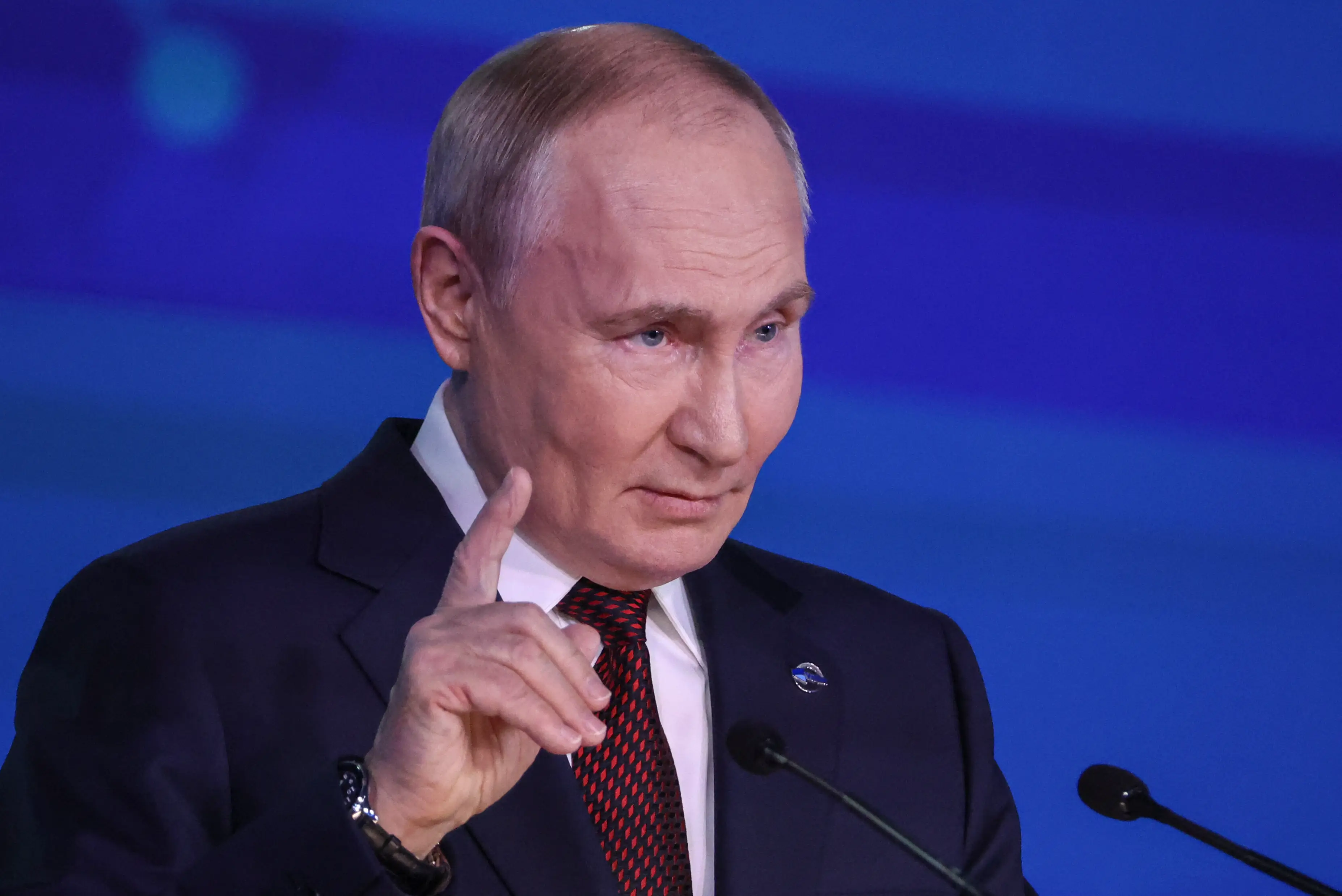
The UK must accept that there is a 'realistic possibility' of a war erupting with Russia in the next five years, the former head of the British Army has said.
General Sir Patrick Sanders, the ex-Chief of the General Staff, warned that a conflict with Vladimir Putin's country could likely break out by 2030.
He said he didn't know how many more 'signals' that the UK government needs for the penny to drop, while suggesting that the British Armed Forces needs bulking up - and fast.
"If Russia stops fighting in Ukraine, you get to a position where within a matter of months they will have the capability to conduct a limited attack on a NATO member, that we will be responsible for supporting," Sir Patrick told The Telegraph.
Advert

"And that happens by 2030."
The 59-year-old - who stood down from his position last summer - explained that the UK urgently needs to book its ideas up and strengthen the country's defences now.
Building bunkers and investing in air defences should be a top priority for Prime Minister Sir Keir Starmer, according to Sir Patrick.
However, he said previous 'conversations' with the government about these sorts of ideas had apparently fallen on deaf ears.
Sir Patrick continued: "It always came down to a conversation of it being too costly and not a high enough priority and the threat didn’t feel sufficiently imminent or serious to make it worth it.
"Finland has bomb shelters for 4.5 million people. It can survive as a government and as a society under direct missile and air attacks from Russia. We don’t have that.
"I don’t know what more signals we need for us to realise that if we don’t act now and we don’t act in the next five years to increase our resilience... I don’t know what more is needed."

Pointing to European countries which are 'very alive to the threat', he continued: "Estonia, Poland, the Nordics - governments there take a really proactive, serious approach to making sure the population realise that they could be attacked at almost any time.
"And so, they give them a set of instructions on how to prepare for the consequences of that - loss of power, loss of fuel, storing food, they encourage them to have their own defensive bunkers, whether that’s in cellars or civil defence -they encourage people to volunteer for civil defence roles to protect key bits of infrastructure."
Just a few days ago, the European Union announced it intends to stockpile an array of essential items - such as food, water, medical supplies, vaccines and fuel - in preparation for potential future crises.

Sir Patrick then said he believes funding for the UK's air defences is 'much lower' than it should be, as is the number of troops we have.
The previous government announced that the Army would be reduced from just over 80,000 to 72,500 by 2025 - the lowest levels of manpower since Napoleonic times.
"At the moment, the British Army is too small to survive more than the first few months of an intensive engagement, and we’re going to need more," Sir Patrick warned.
"Now the first place you go to are the reserves, but the reserves are also too small. Thirty thousand reserves still only takes you to an army of 100,000.
"You know, I joined an Army in the Cold War that was about 140,000 regulars, and on top of that, a much larger reserve.
"The world has become as dangerous, if not more dangerous, than it was in the Cold War and so I always worry about the layers of security we have.
"But I worry more about our resilience, our ability to recover from things, from strikes, to protect our civilian population, to make sure the civilian population understands that these are no longer things that happen elsewhere, they could happen in the UK."
Topics: UK News, World News, Russia, Vladimir Putin, Army